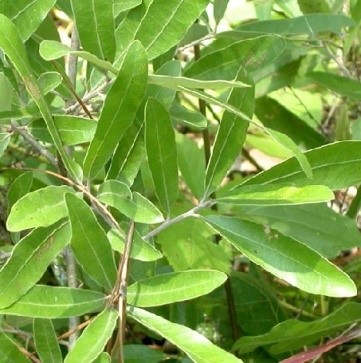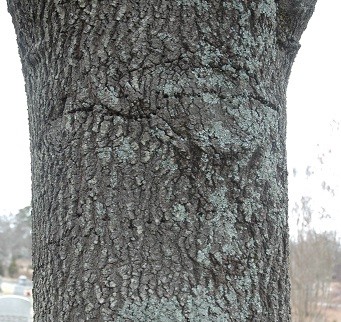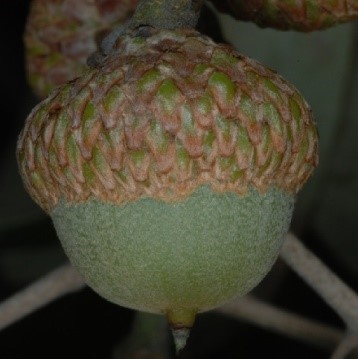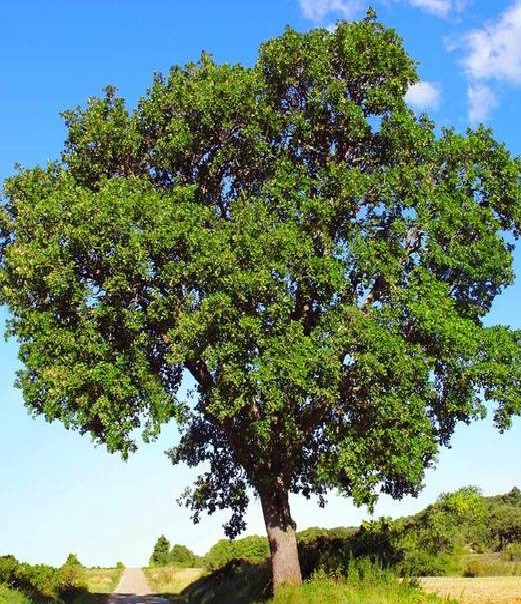Trees
Quercus incana Roxb
Quercus incana Roxb
Description :
A medium to large evergreen tree, 18 to 24 m tall and with a diameter of
0.8 to 1.0 m. The crown is rounded. The leaves are simple, oblong to ovate, 6
to 15 cm long. The bark is grey to greyish brown, silvery when young and peels
off in rounded flakes. It is monoecious. The male flowers or catkins are
hanging bunches 6 to 14 cm long. The female flowers are solitary, 1 to 2 cm
long. The flowers occur between April and May. The fruit is an acorn or nut,
2.5 cm in diameter. The fruiting period is November to January. The tree is
attacked by leafy mistletoe. It is reproduced both from seed and by vegetative
means. The fruit, a nut, is solitary, viability is low, and storage is
difficult. Slow growing, it has been reported to attain 10 cm in diameter in 30
years. A plantation has been recorded as producing up to 21 m3/ha in
70 years. This tree is an important component of the Chir Pine Forest. In order
to maintain diversity, attempts must be made to ensure that it is regenerated
with the coniferous species. Because of heavy exploitation, planting programs
may be needed to preserve this tree. Grains straight to very fine, even
textured. Heartwood is heavy, hard, resilient and reddish brown having Specific
gravity of 0.97 and a calorific value of 4600 kcal/kg.
Distribution :
The tree is native to India, Pakistan, Nepal and upper Burma. In
Pakistan it is found in the Himalayas Mountains. Specifically it is found in
Swat, Hazara, Murree Hills, and Azad Kashmir. It is a moderately intolerant
tree that grows on deep, rich moist, well drained soils and prefers moist shady
sites. It requires a precipitation zone of 1000 to 2300 mm/yr or more. It
prefers a humid to sub-humid, cool-cold, temperate climate with a temperature
range of -10 to 35°C at an elevation range of 1600 to 2400 m.
Uses :
It
coppices readily, and the coppice shoot may be heavily browsed. Fuel, handles, agriculture implements,
fodder, charcoal and tannin.



